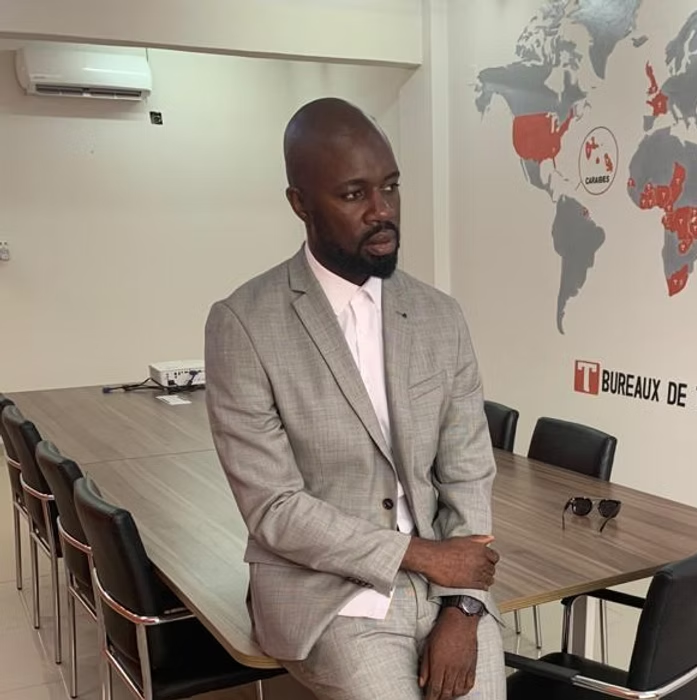How to Communicate Effectively in the DRC: Local Culture, Media, and On-the-Ground Realities

How to Communicate Effectively in the DRC: Local Culture, Media, and On-the-Ground Realities
Introduction
Succeeding in communication in the Democratic Republic of Congo (DRC) is not just about broadcasting a message. It requires a deep understanding of cultural dynamics, media habits, social codes, and local economic realities.
To shed light on these challenges, Hervé Malauka, founder of the creative agency Atalaku, shares his experience and insights on how to design effective and relevant communication strategies for the Congolese market.
Understanding Local Culture: An Essential Prerequisite
“The DRC is like a sub-continent, and its culture is very different from other countries, even within the region,” says Hervé Malauka.
First warning: Africa is not a country. Each state and each region has its own cultural codes and communication styles.
Founded in 2018, Atalaku helps brands connect with Congolese consumers by navigating between urban and popular cultures.
In the DRC, social media plays a central role:
“Today, everything happens on social networks. They are sacred,” explains Hervé.
To reach audiences effectively, Atalaku leverages:
Events and brand activations
Photo and video content
Digital capsules
Online marketing campaigns
Congolese Media: Knowing the Rules of the Game
The Congolese media landscape has its own specific rules that communicators must anticipate.
“You have to pay for everything,” warns Hervé. “Whether private or public channels, every broadcast costs money.”
This means that a clear media budget is essential for any communication strategy.
Another reality: print media has lost nearly all its audience.
“No one reads newspapers in the DRC anymore. Communicating this way is just wasting money.”
As a result, campaigns must prioritize audiovisual media and especially digital platforms, where most audiences are found today.
Training and Professionalization: A Challenge to Overcome
The professionalization of communication in the DRC is still relatively recent.
“In the past two or three years, people have finally realized that communication is a profession,” observes Hervé.
The issue: few specialized training programs exist. The communication faculty at the University of Kinshasa exists, but its curriculum remains outdated.
“Don’t expect to work with communicators who have the same level of training as in other countries. Skilled professionals are still rare.”
That said, the country has many passionate young self-taught communicators who are eager to learn and grow.
A Promising Future for Communication in the DRC
Despite these challenges, Hervé is optimistic:
“The DRC has 60 million young people, and they are hungry for digital and social media.”
He points to the rise of young entrepreneurs and managers who understand the importance of:
Building strong brand identities
Collaborating on an African scale
Engaging with the diaspora
This momentum is helping reshape the country’s image:
“For a long time, Congo-Kinshasa was summed up by war or music. Today, it shows another face: a connected, innovative nation driven by its youth.”
Conclusion
Communicating in the DRC requires a fine understanding of local culture, mastery of media specificities, and strategies adapted to economic realities.
The companies that succeed will be those that combine local anchoring, digital strategy, and respect for cultural codes, while also contributing to the professional development of the communication sector.
Similar articles
Loading similar posts...
Subscribe to our Newsletter
Don't miss anything! Subscribe to our newsletter to receive the latest articles, tips, and news directly in your inbox.